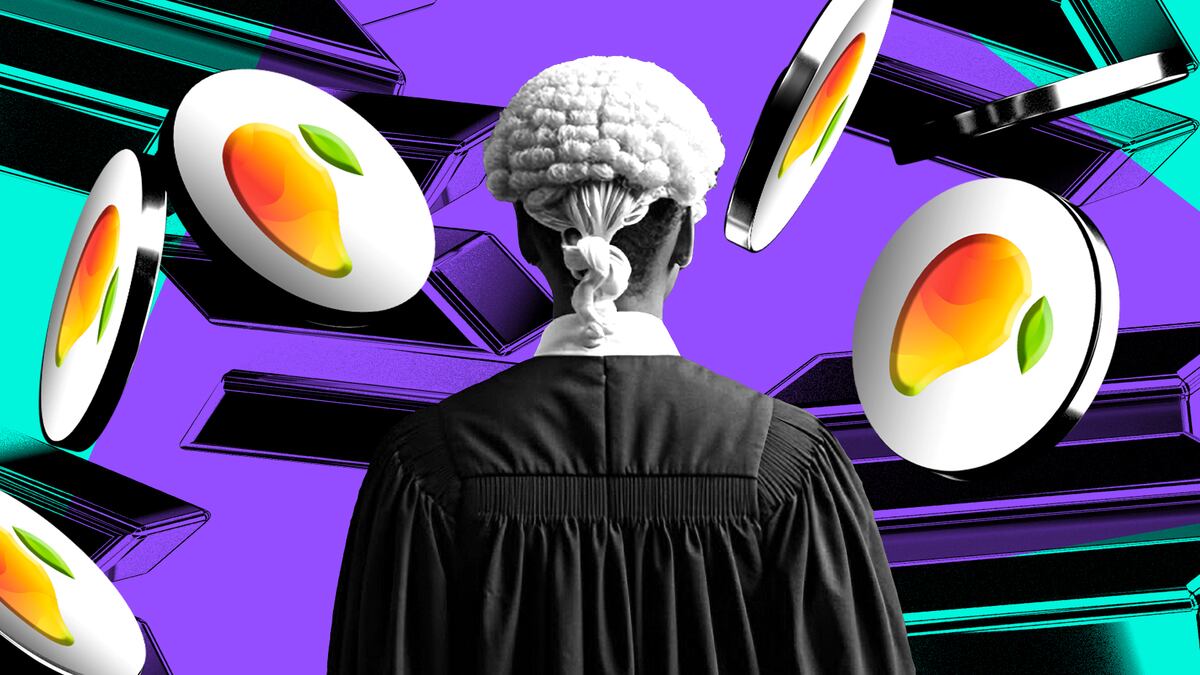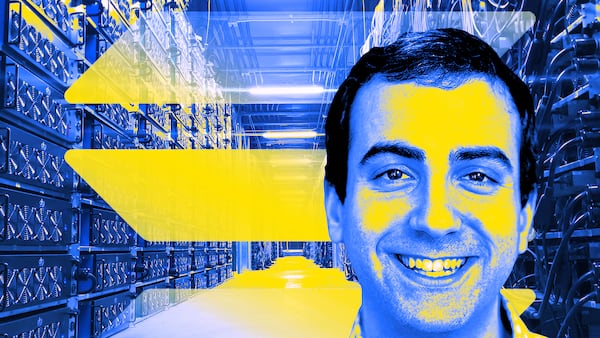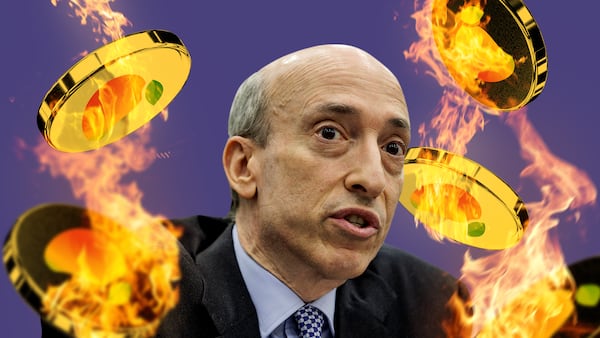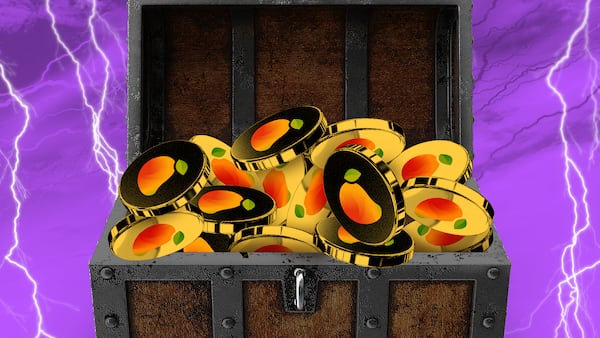- Mango Labs accuses two senior DAO contributors of embezzlement in lawsuit.
- The pair sprung their scheme during Avraham Eisenberg's trial earlier this year.
Just weeks after settling a lawsuit from the US Securities and Exchange Commission, Mango Labs, the firm behind the Mango Markets protocol, is filing its own legal action.
The complaint, brought in Puerto Rico on October 7, alleges senior Mango DAO contributors John Kramer and Max Schneider embezzled over $10 million dollars from the DAO at the expense of its other members.
“Defendants secretly purchased MNGO tokens from FTX, manipulated the MNGO market to artificially increase their tokens’ price, and offloaded them to the Mango DAO in breach of their fiduciary duties,” the lawsuit said.
Kramer and Schneider have denied any wrongdoing.
Mango DAO is a decentralised autonomous organisation, or DAO, a type of crypto collective. Members manage the Mango Markets protocol using MNGO tokens, which give them the ability to propose and vote on how the DAO should use assets in its treasury.
The DAO’s treasury was, at one point, valued at over $70 million.
The case highlights the often messy nature of DAOs, which have become a popular governance method among decentralised finance protocols.
Kramer previously told DL News the situation was “being misconstrued by competitors who are fearful of Mango’s ongoing rebirth.”
At the same time, Schneider told DL News those critical of his and Kramer’s actions were working with a competing project and intentionally “seeding mistrust.”
In September, Mango Labs, Mango DAO, and Blockworks Foundation settled an SEC lawsuit by agreeing to pay $700,000 in fines and dissolve the Mango DAO by destroying all MNGO tokens.
Mango Labs, Mango DAO, and the Blockworks Foundation did not admit or deny the allegations.
Trial timing
If a judge grants the case a trial, as Mango Labs’ requests, it won’t be the first one connected to Mango Markets.
In April, a jury convicted crypto trader Avraham Eisenberg of fraud and market manipulation for his $110 million exploit of Mango Markets which took place in 2022.
The lawsuit alleges Kramer and Schneider used Eisenberg’s trial as cover to carry out their self dealing.
With many Mango DAO members tied up in the trial as witnesses and unable to communicate, the lawsuit said, Kramer and Schneider could more easily carry out their scheme.
The $10 million scheme
The episode started with the defunct crypto exchange FTX looking for a buyer for some 333 million MNGO tokens as part of its liquidation proceedings.
The lawsuit alleges that Kramer and Schneider initially planned to buy the MNGO tokens on behalf of the DAO, a positive move for the collective.
However, the pair secretly bought the MNGO themselves for below market value, the suit claims. They then allegedly used the tokens to push through a DAO proposal that would allow them to sell the tokens to the DAO at a higher price, a move that drained the DAO’s treasury at the expense of other members.
When other Mango DAO members became suspicious of the situation, Kramer and Schneider refused to admit they had purchased the 333 million MNGO, instead feigning that a “strategic and activist investor” had done so.
The lawsuit is the culmination of a months-long dispute within the Mango DAO over the pair’s suspected purchase.
In addition to the suit, onchain evidence suggests that Schneider and Kramer’s trading firm, called CKS Systems, was behind the purchase.
Wallets connected to both CKS Systems and the 333 million MNGO buyer have sent and received large amounts of crypto from the same address.
That is a sign that the two entities are the same.
Settlement violated?
The lawsuit also alleges that Kramer and Schneider attempted to block legal funding for Mango Labs after they were accused of embezzling funds.
“They threatened to block funding for Mango Labs’ defence of Mango DAO’s legal rights, including against Eisenberg,” the lawsuit said.
Additionally, after Mango Labs settled with the SEC, Schneider put forward a DAO proposal to give himself 60 million MNGO tokens from the DAO treasury, violating the terms of the SEC settlement.
Whether this will affect the settlement, which is subject to court approval, remains to be seen.
Tim Craig is DL News’ Edinburgh-based DeFi Correspondent. Reach out with tips at tim@dlnews.com.






